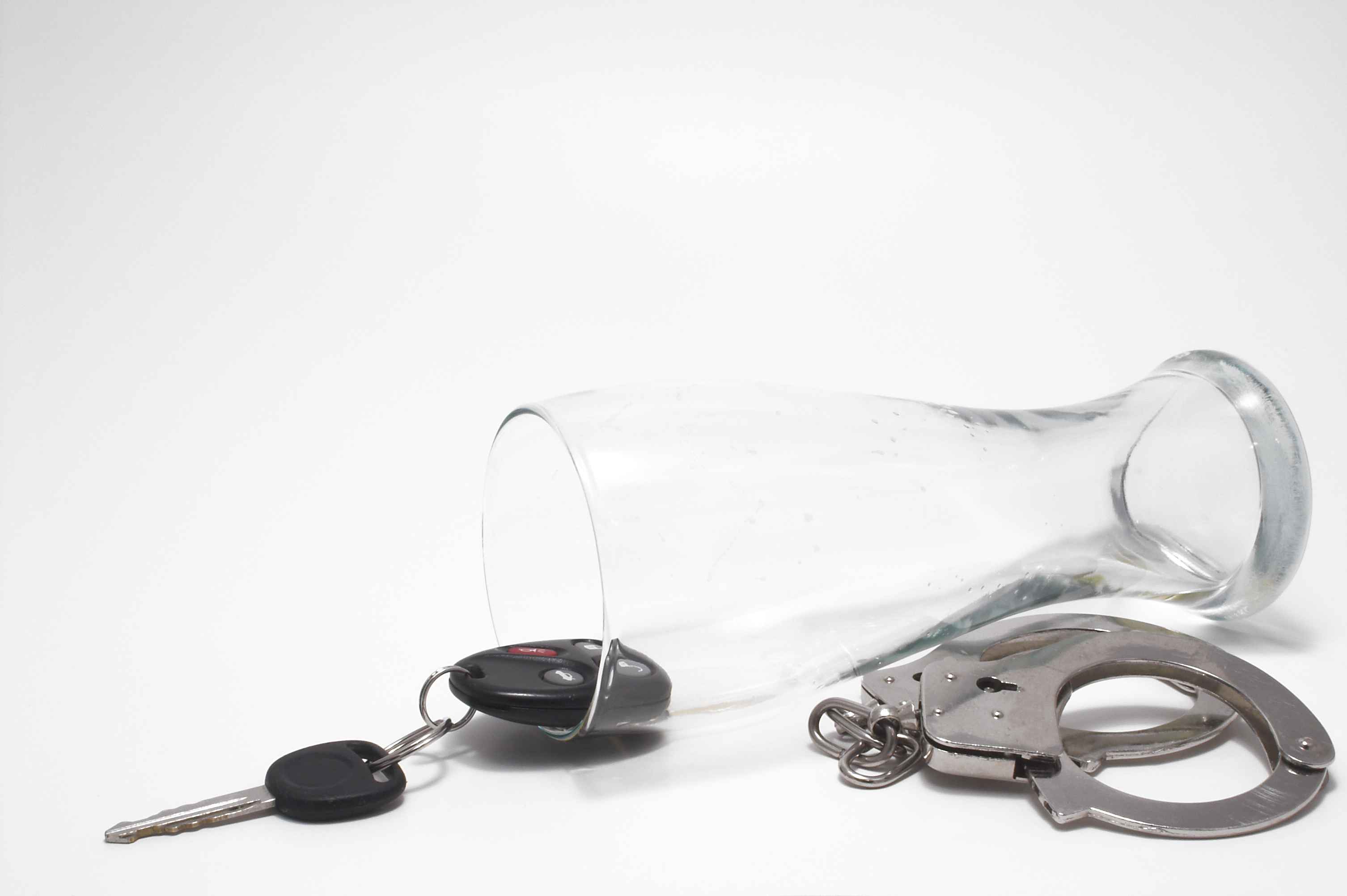
Drug Possession Laws: “Molly” – What Is It and How Serious Is Possession?
You may have heard the name “Molly” in recent years and not known what it is (or not understood it’s a name for something you are already familiar with), or you may hear about it constantly, and been unclear on the legal ramifications for possessing a “mainstream” recreational drug. Either way, if you or someone close to you has a connection with the drug Molly, it is important that you understand the legal risks and consequences associated with its possession.
A New Name for An Old Drug
“Molly” is the current popular slang term for MDMA, a synthetic drug that was first created in the 1960s by an American chemist, and which psychotherapists later used in the late 1970s as a method for patients to deal with unwanted habits. Recreational use, however, soon expanded, and the drug was mass-produced and sold legally in the United States under the name “ecstasy” (which is still commonly used to refer to the drug). As MDMA rapidly became popular, the federal government outlawed it in 1985, and it has remained on the DEA’s list of “Schedule 1” drugs ever since, meaning its possession is illegal in every state.
Physical Effects of Molly
Molly was initially marketed as a recreational drug to revelers in nightclubs and at raves, and it continues to be associated with that culture to this day, although it is also frequently found at various kinds of music festivals, shows, and house parties. The popularity of the drug is due to its short-term effects of causing feelings of euphoria, increased sociability, peace, and increased feelings of closeness with others, as well as shifted sensory perceptions.
There are a number of dangerous side effects to the drug, however, and fatalities have been linked with its use. The most common short-term side effects include dehydration, hyperthermia, increased heart rate, and long-term effects include depression, anxiety, and even brain damage. Use of Molly at music festivals has resulted in deaths of a number of users in recent years, and sent others to the emergency room. One dangerous aspect to the use of Molly is that users often lack the ability to understand the strength and toxicity of the particular dose ingested.
Legal Consequences of Possession
As stated above, Molly is listed as a Schedule 1 drug under federal law, meaning it is considered to be among the most dangerous of drugs. In addition, it is also considered a Schedule 1 drug under the California Uniform Controlled Substances Act, making it illegal under both federal and California state drug possession laws. The federal government generally enforces the federal drug laws through the DEA, which primarily targets the distribution of illegal drugs, while local police generally target the individual possessors of drugs such as Molly.
A person arrested for possession of Molly in California will face state charges under Health and Safety Code 11377, which makes possession of MDMA illegal. For most defendants, the charge will be a misdemeanor but can include jail time of up to a year. Prosecutors must prove beyond a reasonable doubt, however, that the defendant actually possessed Molly to secure a conviction, and merely exhibiting the signs of intoxication will likely not be enough to sustain a conviction. Other penalties can include probation or a fine of up to $1,000, and a skilled defense attorney can work with the prosecution to secure the least severe penalty possible. First-time offenders generally will receive lighter penalties than those who have previously faced charges.
Work with a Skilled Defense Attorney
If you or a loved one are facing possession charges in California, contact Pasadena criminal defense attorney Richard Jacinto today to consult with an accomplished, skillful defense attorney to help you avoid or mitigate criminal charges and penalties associated with violation of a drug possession law.



